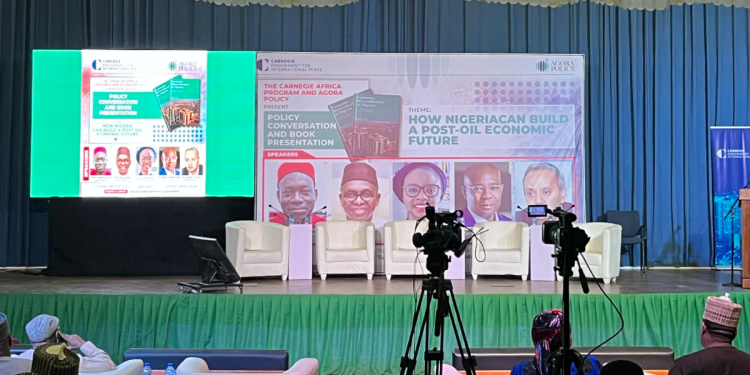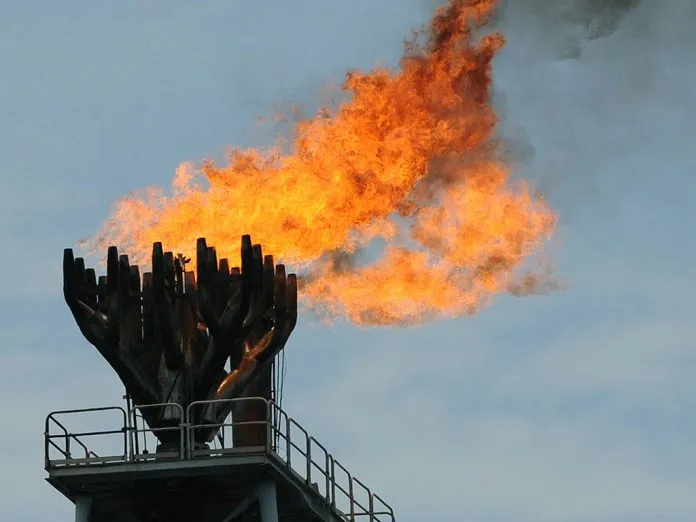
The politics of building Nigeria’s post-oil economy: A book review
Specifically, the author argues that the failure of successive governments to implement long-term economic planning and diversify Nigeria’s economy is explainable by the political economy concept of Political Settlement (an agreement by which powerful groups, organisations and individuals in a society set the political and economic rules that maintain the peace among competing groups, thereby ensuring stability and a balanced distribution of benefits).


